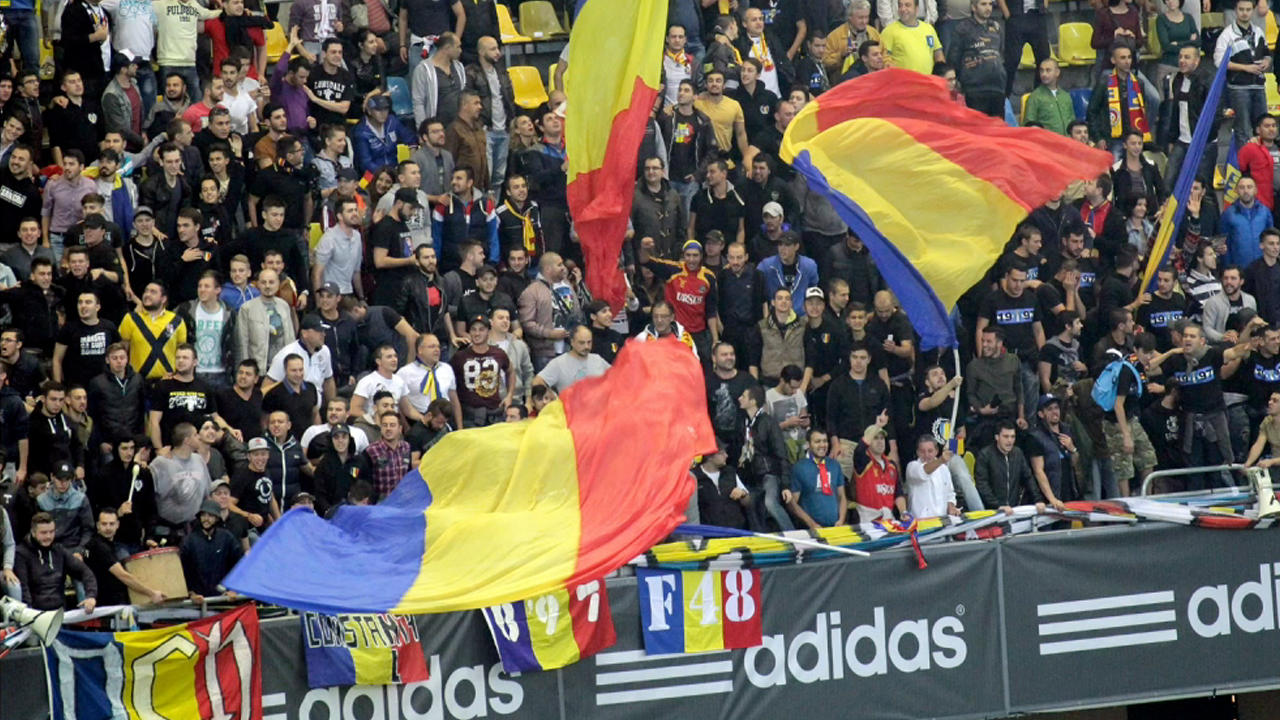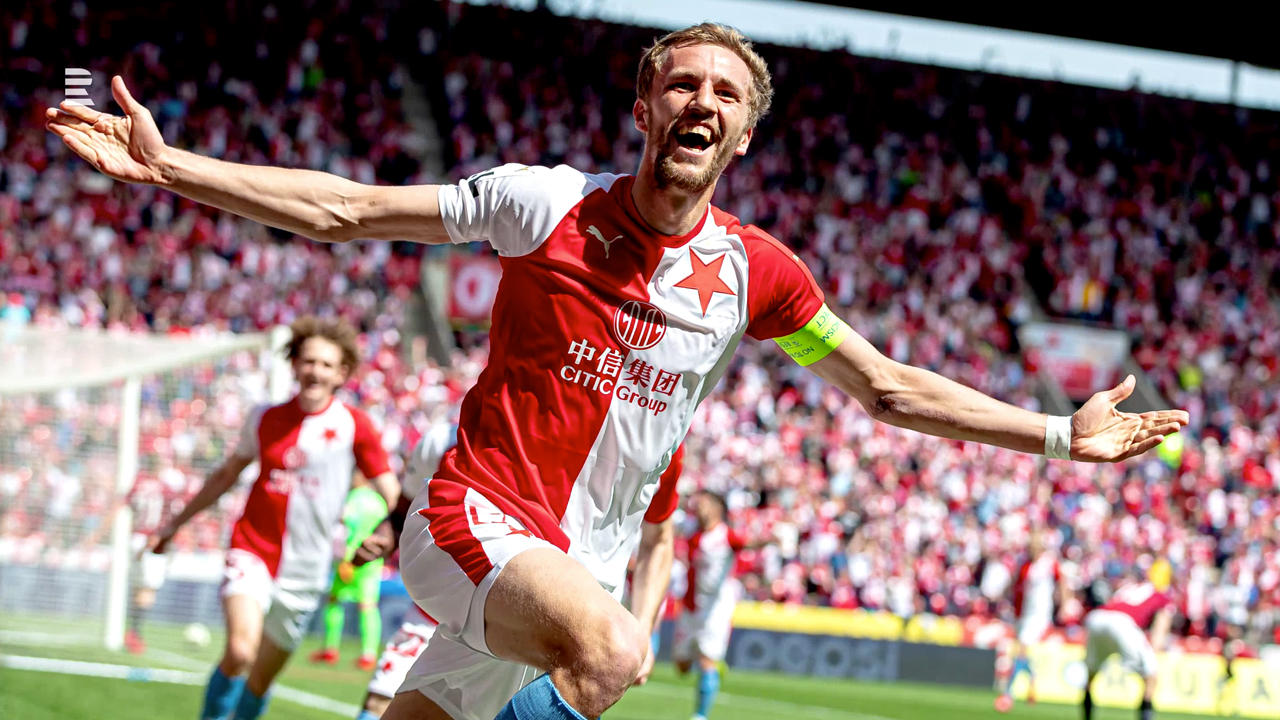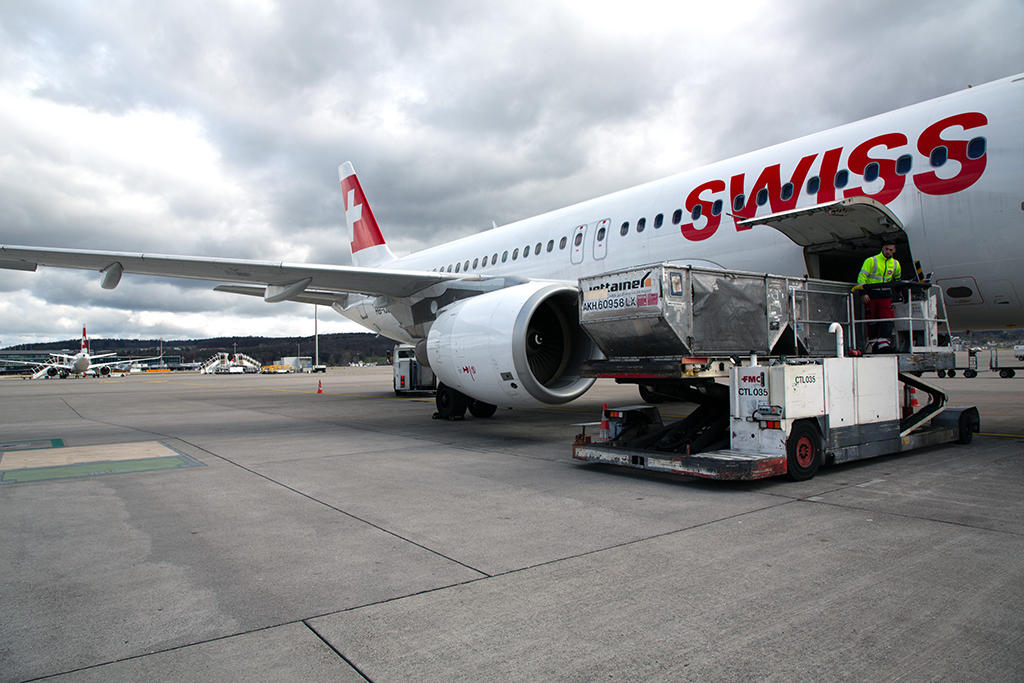Switzerland, a nation of football
Switzerland, once better known for ice hockey and skiing, has become a nation of football. A successful national team is backed up by a domestic network of over 1,400 clubs and 268,000 licensed players – 8% of them women. And of course, the country is also home to the most important international football federations, FIFA and UEFA.
This audio tour takes place on a cloudy Saturday afternoon in May: it’s one hour before kick-off in a suburb of Bern, where the first fans are arriving at the Liebefeld-Hessgut sports complex. A third-division Swiss league game between FC Köniz and FC Münsingen; a familiar atmosphere, people catching up, chatting about football or ice hockey in the stadium’s restaurant.
Pros and amateurs side-by-side
Switzerland has two professional leagues: the Super League and, just below it, the Challenge League. Here in Liebefeld, in the third division Promotion League, teams are mixed; amateurs play alongside pros. However, the salaries are hardly comparable: an average professional in the top league earns some CHF26,000 ($26,350) per month, pros in the Promotion League take home about CHF500 monthly, says Daniel Rodriguez, legal secretary of the Swiss football federation.
High level, high engagement
In sporting terms, there’s not much to be played for in this Bernese derby: both FC Köniz and FC Münsingen sit solidly mid-table, the threat of relegation has been avoided, promotion is not on the cards. But there’s no gifts. The players run, tackle, and shout as if qualification was at stake. FC Münsingen dominate, and for a long time look set for victory; until, in the 89th minute, the home team equalize thanks to a long-range free kick and a powerful header.
Integration
Across the pitch, players can be heard speaking and shouting in French, Italian, Spanish, Portuguese, Serbian, Albanian, and Bernese dialect. Week after week, football fields are a model of successful integration. The fans know each other, as do the opposing players, who hug and congratulate each other at the end of the game.
Project ‘The Sounds of…’
This article is part of the project “The Sounds of…” produced with our partner media organisations Polskie RadioExternal link, Radio Canada InternationalExternal link, Radio Romania InternationalExternal link and Radio PragExternal link. Further videos have been produced by journalists at these outlets, to give an insight into their work in these countries.
Here’s a look at the state of football – or soccer – in Canada, Romania and the Czech Republic:

More
Canada – an imported game
Ice hockey is part of Canada’s DNA. These days, however, more young Canadians play soccer than hockey. One of the reasons is immigration, as many people bring with them a love of soccer from their countries of origin.

More
Romania – Gooooooaaaaaaal!
Romanian commentator Ilie Dobrat holds the world record for the “longest cry without taking a breath”: listen to him shout the word “goal!” for a grand total of 52.03 seconds.

More
Czech Republic – a Prague derby
Sparta and Slavia – the two clubs from the Czech capital are the most successful in the national league. After the derby in May this year, Slavia were crowned champions for the 19th time.
Translated from German by Domhnall O’Sullivan, swissinfo.ch













You can find an overview of ongoing debates with our journalists here . Please join us!
If you want to start a conversation about a topic raised in this article or want to report factual errors, email us at english@swissinfo.ch.